- Advertise with Us
.png)
- Cryptocurrencies

AI in India: Trends, Opportunities, and Challenges in 2025

Artificial Intelligence (AI) is reshaping India’s economy and society at a rapid pace. With a strong push from the government and the private sector, India is emerging as a key player in the global AI landscape. By 2025, AI is expected to add US$450-500 billion to India's GDP, contributing around 10% to its US$5 trillion economy goal, as per a NASSCOM report. This growth highlights AI’s transformative potential for various sectors such as healthcare, agriculture, education, and finance.
Rising Adoption and Workforce Readiness
India's workforce is adapting fast to the changes brought by AI. Around 62% of professionals believe their career growth depends on their comfort level with AI, according to a report by LinkedIn . This belief reflects the increasing importance of AI skills across industries. The shift towards AI isn't limited to tech experts alone. Non-technical professionals are also upskilling themselves. LinkedIn data shows a 117% surge in the use of AI-related courses by non-technical professionals over the past year.
As businesses integrate AI into their operations, understanding its applications is no longer optional. It's a necessity. Many companies are offering internal training programs to bridge the skill gap. This trend will only grow stronger, making AI fluency a key asset for the workforce.
Key Trends Shaping AI in India
Increased Government Support : The Indian government has made AI a top priority. It has launched several initiatives, such as the National AI Strategy and AI research centers. These efforts aim to promote AI research and development across the country. The government is also investing in AI-based solutions for sectors like agriculture and healthcare, where it can have a huge social impact.
Growing AI Start-up Ecosystem : India has a thriving start-up culture. The AI start-up ecosystem is growing rapidly, with many companies developing innovative solutions in areas like computer vision, natural language processing, and machine learning. Start-ups like Niki.ai and Tricog Health are gaining attention for their cutting-edge AI products.
Focus on Ethical AI : As AI adoption grows, so does the concern around ethics and data privacy. Companies are focusing on creating ethical AI frameworks . The government is also working on regulations to ensure AI is used responsibly. This includes guidelines on data sharing, algorithm transparency, and fairness.
AI for Social Good : AI is not just about business growth. It’s being used to address social issues as well. For instance, AI-powered tools are helping farmers get real-time information on crop health. In healthcare, AI is assisting in early disease diagnosis and personalized treatment plans. These applications show how AI can contribute to inclusive growth.
Collaboration between Academia and Industry : The collaboration between academia and industry is increasing. Educational institutions are partnering with tech companies to develop AI-focused curricula and research projects. This collaboration aims to produce a workforce ready to take on AI challenges.
Opportunities in the AI Landscape
India’s AI journey presents several opportunities:
AI-Driven Innovation : AI is driving innovation across industries. In manufacturing, AI can optimize production lines and predict maintenance needs. In retail, AI can analyze consumer behavior to offer personalized recommendations. These innovations are creating new business models and revenue streams.
Job Creation in New Domains : AI is creating jobs in domains like data science, machine learning engineering, and AI product management. While traditional roles may see disruption, new opportunities are emerging. Reskilling and upskilling will be key to tapping into these new roles.
Boosting Productivity : AI can automate repetitive tasks, allowing workers to focus on higher-value activities. This boosts productivity and efficiency. For example, A I-powered chatbots can handle customer queries, freeing up human agents for complex issues.
Healthcare Advancements : AI is transforming healthcare in India. AI tools can analyze medical images to detect diseases early. They can also predict patient outcomes, helping doctors make better decisions. This is especially valuable in a country with limited healthcare resources.
Improving Agriculture : Agriculture remains a critical sector for India. AI can revolutionize it by providing real-time data on weather conditions, soil health, and pest threats. AI-powered drones can also monitor crop health and spray pesticides precisely. This can significantly improve crop yields and farmer income.
Challenges to Overcome
Despite its promising growth, AI in India faces several challenges:
Skill Gap : The rapid pace of AI adoption has created a skill gap. While there is a surge in AI-related courses, there aren’t enough skilled professionals to meet the demand. Addressing this gap requires large-scale reskilling initiatives.
Data Availability and Quality : AI models thrive on data. In India, data availability and quality are inconsistent across sectors. This can hinder AI’s effectiveness. Moreover, there is a lack of standardized data formats, which complicates the process of building robust AI models.
High Implementation Costs : For small and medium-sized enterprises (SMEs), the high cost of implementing AI solutions is a barrier. They may not have the resources to invest in AI infrastructure and talent. This could widen the gap between large corporations and smaller businesses.
Regulatory and Ethical Concerns : AI raises several ethical and regulatory questions. How do we ensure AI systems are fair and unbiased? How do we protect user privacy? The lack of comprehensive regulations around these issues could slow down AI adoption.
Limited Awareness and Adoption : In some sectors, especially in rural areas, awareness of AI’s potential remains low. This limits adoption and slows down the impact AI can have on these communities.
The Road Ahead
The next few years will be critical for AI in India. The focus should be on creating a balanced ecosystem where innovation can thrive, but ethical considerations are also addressed. Public-private partnerships will play a vital role in this journey. The government’s continued support and investment in AI will be crucial for sustaining momentum.
India’s future with AI looks promising. The country has the talent and the ambition to become a global leader in AI. With the right policies, investments, and partnerships, AI can drive economic growth, create new job opportunities, and solve pressing social challenges. The goal should be to build an AI-powered future that benefits everyone.
The journey won’t be easy. But with a clear strategy and collaborative efforts, India can harness AI’s full potential by 2025 and beyond.
Related Stories

Inside the India AI Mission: Opportunities, pitfalls, and the way forward
Meity secretary s. krishnan said ai will play a pivotal role in india's future, and spoke about the importance of investing in large language models or llms tailored for india. he advocated for balanced ai governance that encourages innovation while addressing challenges like misinformation and hate speech responsibly..

"...some of the problems, or some of the issues that people talk about in the context of AI, especially deepfakes and so on, is not so much a regulatory issue as much as a technology issue and a timeliness issue. At best, it may need some tweaks to make sure that the response (from social media intermediaries) is faster, as opposed to a requirement to change the law fundamentally itself," he explained.
He said the law has provisions that could enable social media intermediaries to act faster and take down hate speech, deepfakes, and misinformation.
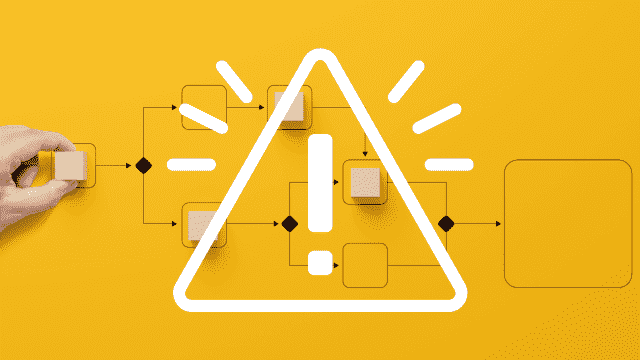
AI Risk & Accountability
AI has risks and all actors must be accountable.

AI, Data & Privacy
Data and privacy are primary policy issues for AI.
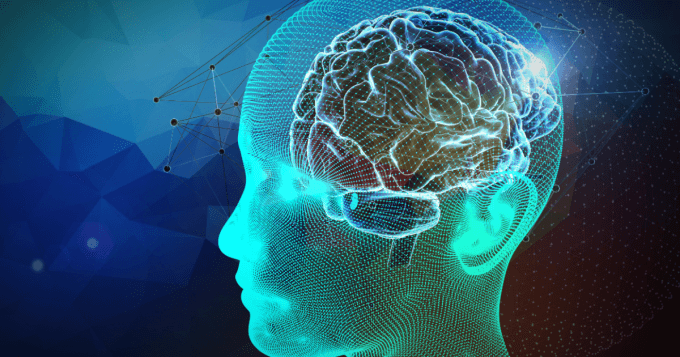
Generative AI
Managing the risks and benefits of generative AI.
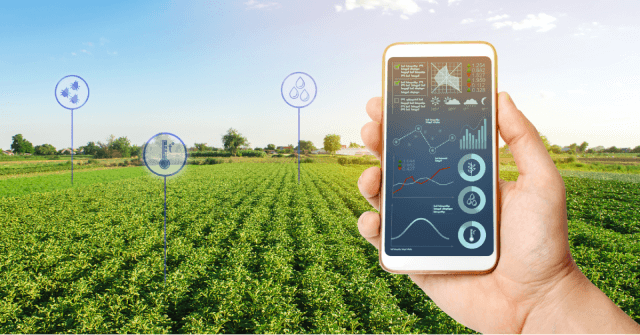
Future of Work
How AI can and will affect workers and working environments
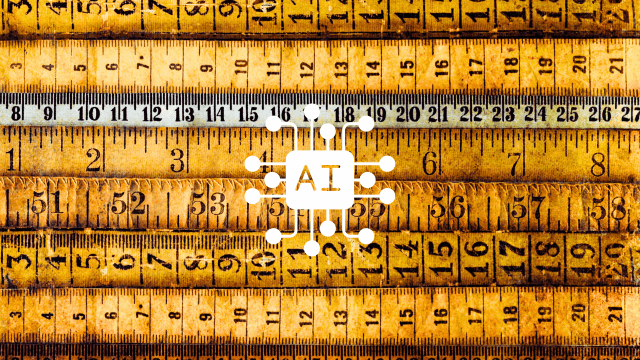
The OECD AI will be a synthetic measurement framework on Trustworthy Artificial Intelligence (AI)

AI Incidents
To manage risks, governments must track and understand AI incidents and hazards.

Data Governance
Expertise on data governance to promote its safe and faire use in AI

Responsible AI
The responsible development, use and governance of human-centred AI systems

Innovation & Commercialisation
How to drive cooperation on AI and transfer research results into products

AI Compute & Climate
AI computing capacities and their environmental impact.

AI & Health
AI can help health systems overcome their most urgent challenges.

AI’s potential futures.

Programme on Work, Innovation, Productivity and Skills in AI.
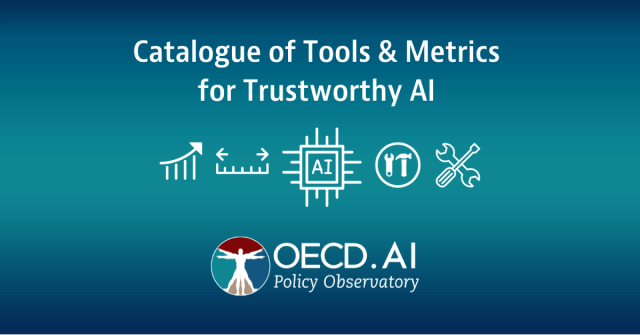
Catalogue Tools & Metrics
Explore tools & metrics to build and deploy AI systems that are trustworthy.
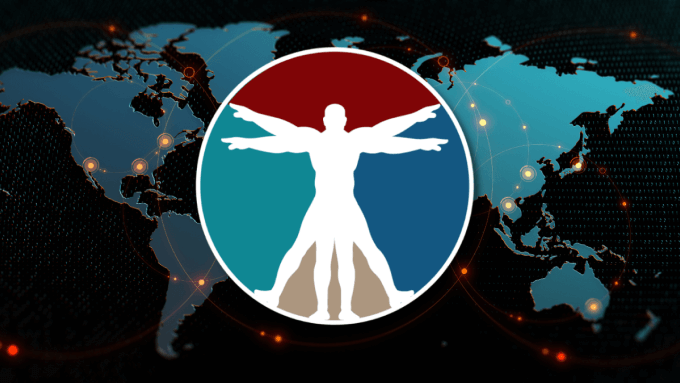
AI Incidents Monitor
Gain valuable insights on global AI incidents.
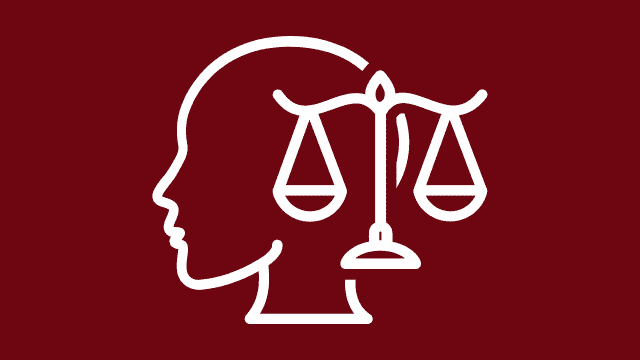
OECD AI Principles
The first IGO standard to promote innovative and trustworthy AI

Policy areas
Browse OECD work related to AI across policy areas.

Publications
Find OECD publications related to AI.

Watch videos about AI policy the issues that matter most.
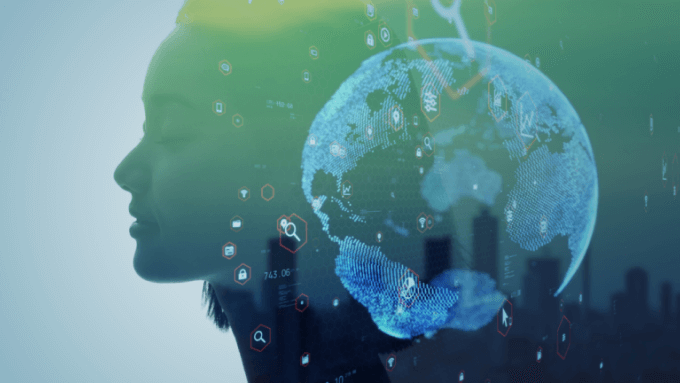
AI is already a crucial part of most people’s daily routines.
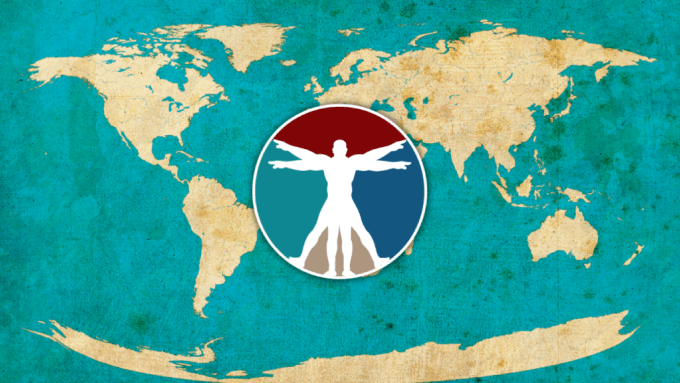
Countries and stakeholder groups join forces to shape trustworthy AI.
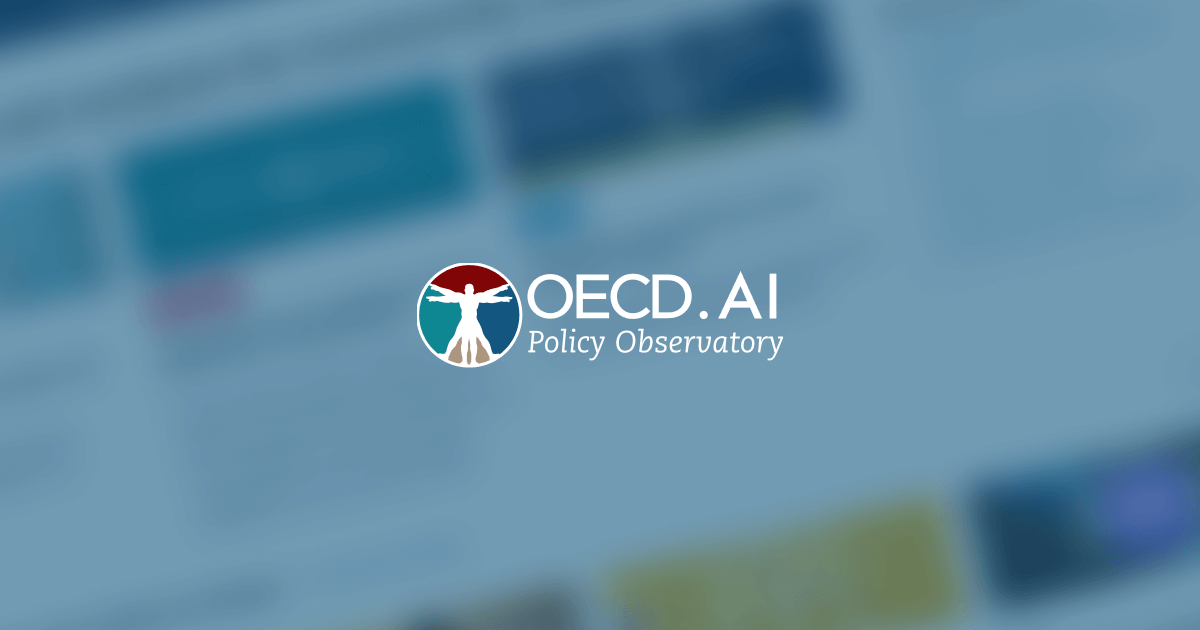
Network of Experts
Experts from around the world advise the OECD and contribute to its work.

OECD.AI works closely with many partners.
AI for All: How India is carving its own path in the global AI race

Research & Content Head , INDIAai
In November 2022, India marked a new milestone in its journey as it took the G20 chair and became the the Global Partnership on Artificial Intelligence’s (GPAI)chair in waiting.
At this point, we must understand how the world’s largest democracy sees frontier technologies such as AI playing a role in its journey towards becoming a global economic superpower.
When it comes to technology, India has been a paradox. The country developed advanced digital computers early and has highly advanced and cost-effective space programmes. Yet until just a few decades ago, the nation lagged in its digital transformation and accessibility.
Today, India’s government is pushing to put digital technologies at the core of its inclusive development, partly through widespread internet access and one of the world’s most affordable data pricing schemes. As a result, some fantastic solutions for India’s age-old problems are coming to light:
- The Unique Identification Authority of India and its Aadhar programme
Aadhar is currently the world’s largest biometric ID system. It is a 12-digit unique identity number that India’s citizens and resident foreign nationals can obtain based on their biometric and demographic data. One of its predominant uses is to streamline Direct Benefit Transfer schemes where the subsidy money is directly transferred to an Aadhaar-linked bank account. Today, Aadhar also acts as a major proof of identity in India.
- The Unified Payments Interface(UPI)
Unified Payments Interface (UPI) is a mobile-based instant payment system developed by India’s government to facilitate inter-bank peer-to-peer (P2P) and person-to-merchant (P2M) transactions. As of November 2022, UPI had nearly 6 billion monthly transactions and a total value of over Rupees 10 trillion among 260 million users .
- The CoWIN Platform
CoWIN, or Covid Vaccine Intelligence Network, is an Indian government web portal for COVID-19 vaccination registration. It displays booking slots for the COVID-19 vaccine available in nearby areas. Users can schedule vaccine appointments on the website and obtain vaccination certificates, which act as Vaccine Passports during the COVID-19 pandemic and can be stored in Digilocker.
DigiLocker is an Indian online digitization service provided by the Ministry of Electronics and Information Technology (MeitY) under the Digital India initiative. DigiLocker provides every Aadhaar holder with an account in the cloud to access authentic documents/certificates such as driver’s licenses, vehicle registration, and academic mark sheets in digital format from the certificates’ original issuers. It also provides 1GB of storage space with each account to upload scanned copies of legacy documents.
The Unified Mobile Application for New-age Governance (UMANG) app is another MeitY initiative that gives access to central and state government services. The app is for Indian citizens and offers hundreds of services, including payment, registration, information search and application forms.
Numerous forecasts suggest AI will add USD 967 billion to India’s economy by 2035 and USD 450–500 billion to its GDP by 2025. This will account for 10% of the country’s USD 5 trillion GDP target, making it a crucial tool for economic growth.

Building ‘AI for All’
India began its AI journey with social empowerment and inclusion at the core. Thanks to scalability, AI can solve numerous age-old problems that have plagued the country for decades. While leading global economies such as US and China are engaged in an “arms race” to become the ultimate AI Superpower, India consciously focused on inclusion and empowerment with a programme called “AI for All”.
In the past few years, India’s public and private sectors have produced AI-powered tools that improve the delivery of health and security services, affecting millions of lives. These include:
- The MyGov Corona Helpdesk ( from MeitY) . At the pandemic’s peak, with misinformation and fake news being circulated on social media about the COVID pandemic, the country’s citizen engagement platform, MyGov, the Ministry of Health and the AI startup Haptik launched MyGov Corona Helpdesk chatbot. The goal of this chatbot is to bring awareness to COVID-19 and prepare India to combat it.
- ‘e-Paarvai’ by the Tamil Nadu State Government . Developed to overcome the shortage of ophthalmologists, e-Paarvai is an intelligent AI-powered mobile application that detects cataracts.
- ‘Uzhavan’ by the Tamil Nadu State Government . The ‘ Uzhavan ’ app helps farmers to diagnose pest infections in their crops and provide remedial measures. A farmer can click a picture of a pest-infected crop even with a low-cost mobile camera and upload images to the Uzhavan app. Once the photo is uploaded, the inbuilt intelligent system analyses and identifies the pest and sends the remedial measures as a text message to the farmer’s phone in the local language, Tamil.
- Realtime Digital Authentication of Identity system by Telangana State Government . Telangana’s state government has implemented the Realtime Digital Authentication of Identity (RTDAI) to authenticate pensioners during the COVID pandemic. Beneficiaries have to take a photo and upload it to an app which verifies the image using an artificial intelligence-based liveness check solution, big data and machine learning-based demographic check solution, and deep learning-based image comparison solution. The AI, ML and deep learning solutions quickly check the details submitted by the user with the information piled up in the public data system.
- Crowd Estimation and Management tool by Telangana State Government . Telangana police successfully used the Crowd Estimation and Management tool to manage crowds at the India vs West Indies T20 match in Hyderabad in 2019 and the Medaram Jatara Festival in 2020.
Similarly, the Ministry of Electronics and IT launched initiatives focused on taking advantage of the AI revolution in the coming years:
- India AI , the national AI portal
- The YUVAi programme for skilling students from government schools
- The soon-to-be-implemented National Programme on Artificial Intelligence
- National Semiconductor Mission
- National Data Governance Framework Policy
- New Digital Personal Data Protection Bill
🇮🇳 VISIT INDIA’S AI DASHBOARD 🇮🇳
India is becoming a global hub for ai.
India possesses a few unique strengths related to AI technologies. Driven AI entrepreneurs power their skilled AI workforce and thriving start-up ecosystem. Globally, India is on top for skill penetration and has an AI-ready market valued at $6.4 billion. In 2020, Indian companies were ranked second in AI adoption in the Asia Pacific.
India has also established itself as an AI research and innovation powerhouse. Since 2010, the country has ranked fourth largest producer of AI-relevant scholarly papers and 8th in the world regarding AI patents filed in 2020.
India also boasts one of the most thriving start-up ecosystems in the world, with dozens of unicorns deploying AI-powered tools in their core services. They have widened the scope of India’s AI strategy to build tools for India and the world, especially the global south.
“We want India to become the global hub of AI… Our bright minds are already working towards it”, stated Indian Prime Minister Narendra Modi in 2020, highlighting India’s goal to become a global leader in responsible AI for social empowerment and inclusion.
Here are just a few of the hundreds of Indian start-ups building AI tools and products to address national and global socio-economic challenges:
- Niramai is an AI start-up that provides affordable and fast breast cancer screening at clinics in rural India, where there is a significant shortage of radiologists and labs. It has 26 international patents on thermal imaging-based cancer diagnosis, many of which are now available on the global market, including in the UK, the US and Japan.
- CropIn is an intuitive, intelligent, self-evolving system that delivers future-ready farming solutions to the entire agricultural sector. It delivers decision-making tools that bring consistency, dependability and sustainability to agri-businesses. With capabilities of live reporting, analysis, interpretation and insight that span across geographies, CropIn is digitizing every farm and data-managing the entire ecosystem.
- Aquaconnect is a company founded in 2017 that works with shrimp and fish farmers to increase farm production, financial access, and market connectivity. They claim to help fish and shrimp farmers maximize income by connecting them to smart farm management tools, financial services, and customers. They have been working with more than 60,000 fish and shrimp farmers to navigate the challenges of aquaculture through an integrated tech-driven approach.
- CogniABle is a machine learning assistive technology for early detection and the affordable treatment of Autism Spectrum Disorder . CogniAble was founded by scientists from IIT-Delhi, paediatricians, psychologists, and BCBAs to provide people with high-quality, affordable management of autism-related diseases. Its artificial intelligence-powered operations aid in the early diagnosis and treatment of autism.
- Gnani develops voice assistants and speech analytics products for multiple languages, including Indic languages. Gnani’s speech-to-text engine is currently available in Indian English, Hindi, Kannada, Tamil, Telugu, Gujarati, Marathi, Bengali, Malayalam, Punjabi, Nepali, and Urdu. Its ASR engine can be deployed across industries ranging from contact centres to E-commerce. Gnani’s solutions include enterprise customer care automation, voice assistants, and voice biometrics.

India’s unique need for language tech is driving innovation and social change
Language technology is one of the critical areas where the Indian government sees AI making a breakthrough. In India, hundreds of languages are spoken, which makes knowledge sharing, skilling and access to information a considerable challenge. According to Prime Minister Narendra Modi, Natural Language Processing ( NLP) will strongly impact India’s educational sector as we advance AI technology. He pointed out that advancements in NLP mean that e-courses can be developed in regional languages and dialects based on the New Educational Policy.
India launched the National Language Translation Mission to make vernacular language translation systems that bring accessibility and opportunities to millions of citizens. In addition, the Ministry of Electronics and IT (MeitY) recently announced its Bhashini programme to enable easy access to the Internet, digital services and more content for all Indians in their own languages.
The country’s Supreme Court now translates orders and ruling into vernacular languages such as Hindi, Tamil, Punjabi, Marathi, Malayalam, Bangla, Telegu, Kannada, and Urdu with the help of the Samantar AI tool developed by the Indian Institute of Technology- Madras. AI for Bharat, which aims at creating a language corpus for machine translation, is another notable initiative in the language space. At the same time, numerous startups such as Gnaani , Reverie , and Devanagiri have made powerful strides in addressing language challenges.
India is committed to global cooperation and trustworthy AI principles
As the chair in waiting and a founding member of the Global Partnership on Artificial Intelligence (GPAI), India seeks to cooperate closely with other member states to develop a framework to promote trust, openness, accountability, safety and responsible use of AI.
“The power of artificial intelligence can be exploited for the good of the citizens and consumers across the globe and ensure that there are adequate guardrails to prevent misuse and user harm,” said the Minister of State for IT Rajeev Chandrasekhar at the GPAI meeting held in Tokyo.
India is working on domestic policy frameworks and regulations to ensure the responsible use of AI tools. The Tamil Nadu Safe & Ethical Artificial Intelligence Policy 2020 by the Tamil State is an example where policy provides a roadmap for the state’s policy makers to adopt AI-based solutions in specific sectors and recommends a framework for evaluating AI-based systems.
The Indian government think tank NITI Aayog has published a series of papers for public discussion on Responsible Artificial Intelligence (RAI) with the latest information on facial recognition technology.
India will continue to work for trustworthy AI and the global south
India sees AI as a tool for social empowerment and inclusion and focuses on developing AI tools for the global south. India’s AI policy has firm roots in responsible AI principles and strives to ensure that international frameworks are designed to provide the same.
Borrowing from Minister Rajeev Chandrasekhar’s speech at the GPAI conference, “With the national programme on AI in place, a national data governance framework policy, and one of the world’s largest publicly accessible data sets programmes in the works, India is committed to the efficient use of AI to catalyse innovation ecosystems around AI, trusted applications for the citizens and the world at large.”

Research & Content Head -
- See all posts
Disclaimer: The opinions expressed and arguments employed herein are solely those of the authors and do not necessarily reflect the official views of the OECD or its member countries. The Organisation cannot be held responsible for possible violations of copyright resulting from the posting of any written material on this website/blog.
From the AI Wonk

Safer together: How governments can enhance the AI Safety Institute Network’s role in global AI governance
The Future Society puts forward three ways to structure the AISI Network to enhance collaboration.
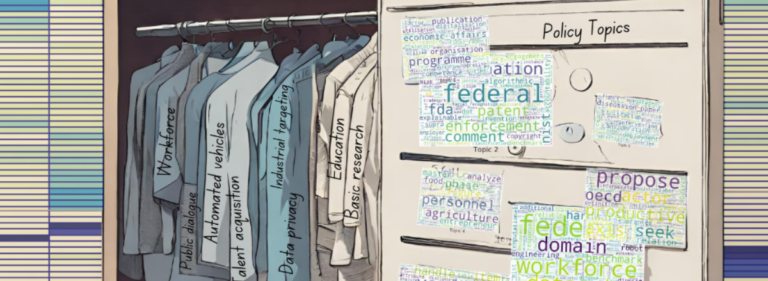
Unpacking the ‘AI wardrobe’: How national policies are shaping the future of AI
Grand pronouncements about artificial intelligence appear daily: AI will produce autocrats and demolish democracies. Algorithms are replacing workers and do not lead to prosperity. Data flows remain a...

2023 LinkedIn data on OECD.AI: Definitions for AI occupations are more specific, women in more AI jobs as career transitions to AI grow
As AI evolves, so must AI occupations and associated skills.

IMAGES
VIDEO
COMMENTS
Over the past few years, AI has taken center stage in India, touching various sectors and influencing the way we live and work. This article delves into the rise and roar of AI in India, tracing its evolution, impact, challenges, and future prospects. 1. The Genesis of AI in India.
With a strong push from the government and the private sector, India is emerging as a key player in the global AI landscape. By 2025, AI is expected to add US$450-500 billion to India's GDP, contributing around 10% to its US$5 trillion economy goal, as per a NASSCOM report.
In this essay, we dig deeper into these questions and share insights on the key elements of India’s national AI strategy and the trade-offs involved in balancing risks and opportunities. Over the years, the Indian government has actively encouraged AI applications for social welfare.
With a rapidly growing tech-savvy population and increasing digital penetration, the future of Artificial Intelligence (AI) in India is not just promising but poised for unprecedented growth. This article delves into what this future might look like. Government Initiatives and Policies.
However, around the same time, the Ministry of Electronics and Information Technology (MeitY) published a blueprint for a new Digital India Act, which includes a specific reference to the “regulation of high-risk AI systems.” 16 Then, after a lull of close to a year, the government issued an advisory in March 2024 that jolted the industry. 17 The advisory, which mandated compliance with ...
National Strategy for Artificial Intelligence 7 Executive Summary India’s Approach to Leadership in AI AI refers to the ability of machines to perform cognitive tasks like thinking, perceiving, learning, problem solving and decision making. Initially conceived as a technology that could mimic human intelligence, AI
In the future of India lies the future of a sixth of the world’s popu-lation. As the Artificial Intelligence (AI) revolution sweeps through societies and enters daily life, its role in shaping India’s develop-ment and growth is bound to be substantial.
MeitY Secretary S. Krishnan said AI will play a pivotal role in India's future, and spoke about the importance of investing in large language models or LLMs tailored for India. He advocated for balanced AI governance that encourages innovation while addressing challenges like misinformation and hate speech responsibly.
In the future of India lies the future of a sixth of the world's population. As the Artificial Intelligence (AI) revolution sweeps through societies and enters daily life, its role in shaping India's development and growth is bound to be substantial.
India is becoming a global hub for AI. India possesses a few unique strengths related to AI technologies. Driven AI entrepreneurs power their skilled AI workforce and thriving start-up ecosystem. Globally, India is on top for skill penetration and has an AI-ready market valued at $6.4 billion. In 2020, Indian companies were ranked second in AI ...